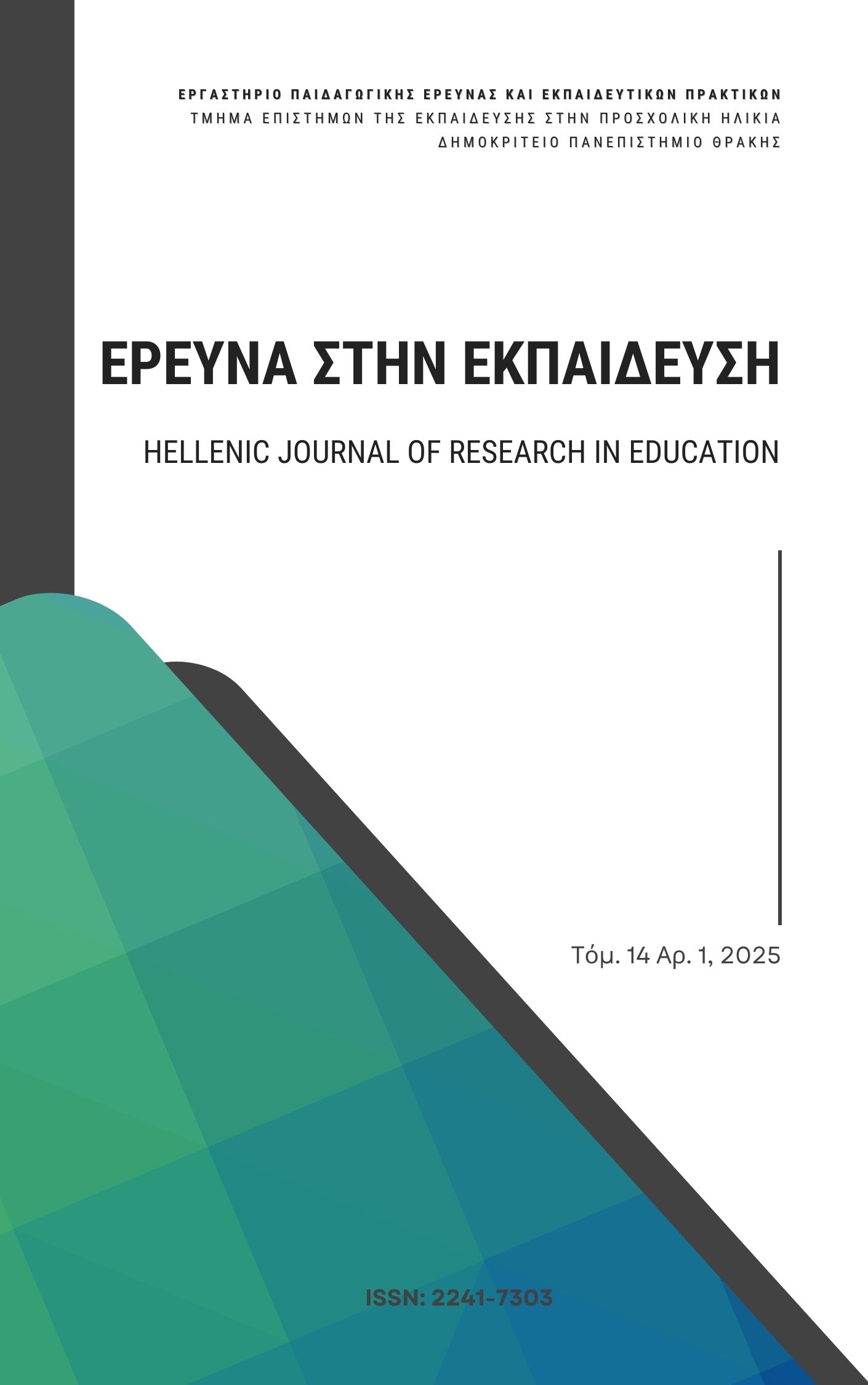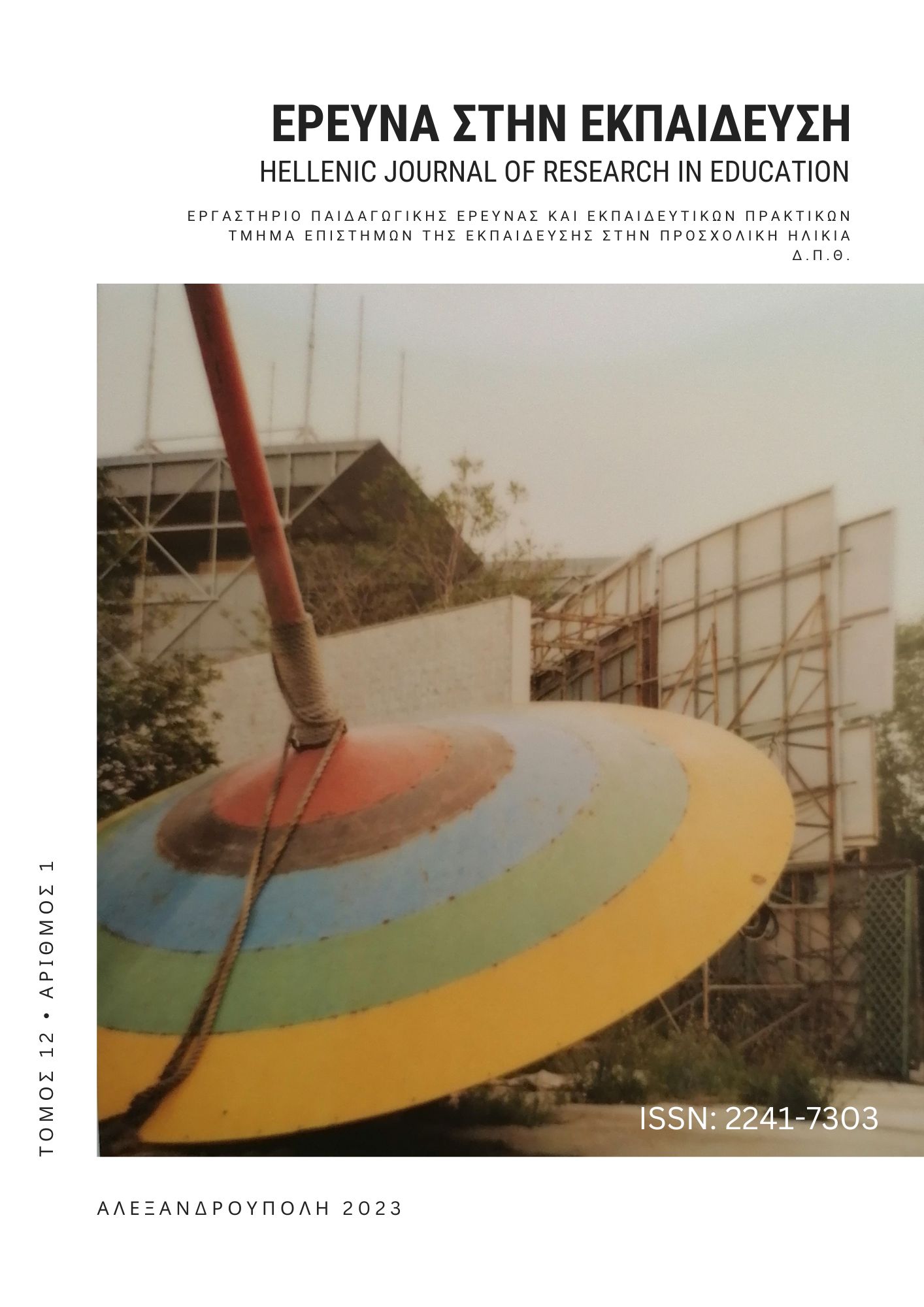Προσδιορισμός των κυριότερων ηθικών και ηγετικών χαρακτηριστικών ενός εκπαιδευτικού στελέχους

Περίληψη
Σκοπός της παρούσας έρευνας ήταν ο ακριβής προσδιορισμός της έννοιας του «καλού» εκπαιδευτικού στελέχους μέσω της ανίχνευσης των σημαντικότερων ηθικών και ηγετικών χαρακτηριστικών του. Στην κατεύθυνση αυτή, κρίθηκε απαραίτητη η συμμετοχή αποκλειστικά εν ενεργεία εκπαιδευτικών στελεχών (Διευθυντών σχολικών μονάδων). Ο προσδιορισμός των κυριότερων ηθικών και ηγετικών χαρακτηριστικών ενός εκπαιδευτικού στελέχους επιτεύχθηκε ως εξής:
Μέσω βιβλιογραφικής έρευνας εντοπίστηκαν τα δέκα (10) κυριότερα ηθικά και τα έντεκα (11) κυριότερα ηγετικά χαρακτηριστικά ενός ηγέτη. Στη συνέχεια, αρχικά σε πιλοτική έρευνα είκοσι πέντε (25) Διευθυντών και Διευθυντριών σχολικών μονάδων πρωτοβάθμιας και δευτεροβάθμιας εκπαίδευσης, και στη συνέχεια στην κυρίως έρευνα, με εκατό (100) συμμετέχοντες από όλες τις περιφέρειες της χώρας, ζητήθηκε ο προσδιορισμός των πέντε (5) σημαντικότερων χαρακτηριστικών από κάθε κατηγορία και η κατάταξη σπουδαιότητάς τους. Η δικαιοσύνη, η ακεραιότητα και η ψυχραιμία (πραότητα) τοποθετήθηκαν από τα ερωτώμενα στελέχη στην κορυφή των κυριότερων ηθικών αρετών ενός εκπαιδευτικού στελέχους, ενώ οι οργανωτικές δεξιότητες, η ικανότητα έμπνευσης των υφισταμένων και η ενσυναίσθηση επιλέχθηκαν ως τα σημαντικότερα ηγετικά χαρακτηριστικά του.
Λεπτομέρειες άρθρου
- Πώς να δημιουργήσετε Αναφορές
-
Σπυριδάκης Α., Αργυροπούλου Ε., & Λιντζεράκου Ε. (2025). Προσδιορισμός των κυριότερων ηθικών και ηγετικών χαρακτηριστικών ενός εκπαιδευτικού στελέχους. Έρευνα στην Εκπαίδευση, 14(1), 16–31. https://doi.org/10.12681/hjre.38949
- Τεύχος
- Τόμ. 14 Αρ. 1 (2025)
- Ενότητα
- Άρθρα

Αυτή η εργασία είναι αδειοδοτημένη υπό το CC Αναφορά Δημιουργού – Μη Εμπορική Χρήση – Παρόμοια Διανομή 4.0.
Τα πνευματικά δικαιώματα των άρθρων του περιοδικού ανήκουν στους συγγραφείς. Τα άρθρα διατίθενται με άδειες Creative Commons CC-BC-SA 4.0




